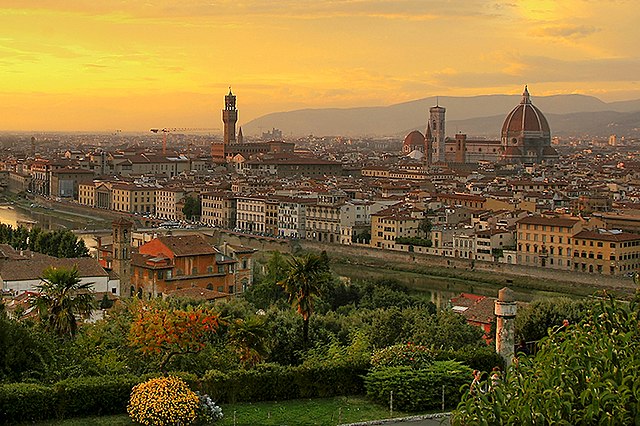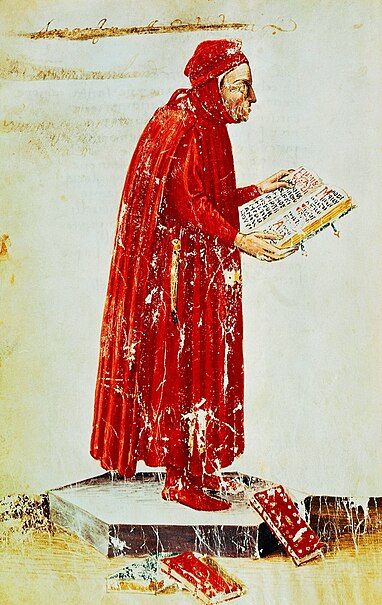A polymath is an individual whose knowledge spans a substantial number of subjects, known to draw on complex bodies of knowledge to solve specific problems.
Benjamin Franklin is one of the foremost polymaths in history. Franklin was a writer, scientist, inventor, statesman, diplomat, printer and political philosopher. He further attained a legacy as one of the Founding Fathers of the United States.
The Developmental Model of Polymathy (DMP)
The Renaissance is a period in history and a cultural movement in Europe marking the transition from the Middle Ages to modernity. It generally covers the 15th and 16th centuries and is characterized by an effort to revive and surpass the ideas and achievements of classical antiquity. Associated with great social change in most fields and disciplines, including art, architecture, politics, literature, exploration and science, it was first centered in the Republic of Florence, then spread to the rest of Italy and later throughout Europe. The term rinascita ("rebirth") first appeared in Lives of the Artists by Giorgio Vasari, while the corresponding French word renaissance was adopted into English as the term for this period during the 1830s.
Florence, birthplace of the Italian Renaissance. The architectural perspective and new systems of banking and accounting were introduced during the time.
Portrait of a Young Woman (c. 1480–85) (Simonetta Vespucci) by Sandro Botticelli
View of Florence, birthplace of the Renaissance
Coluccio Salutati






